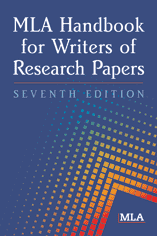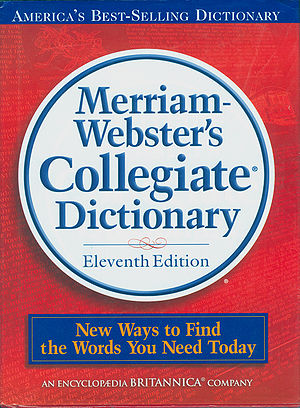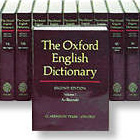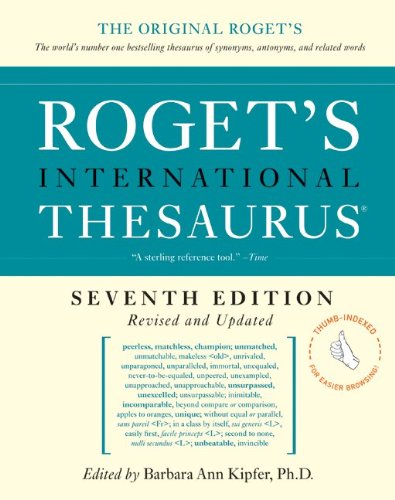| Announcements |
!
Final Paper:
As requested, the Mapping British Fiction final paper
due date has been extended to Friday, June 3, 2022 at 4
p.m. !
Insights into British
Fiction Presentation: The
guidelines for this and for the final paper are accessible
here
and also linked to on our detailed schedule page. ! Habitat of Happiness: Sign up to focus on a topic in the ecology of Aminatta Forna's novel here. ! Semester Preparedness: All class sessions are
conducted online, unless indicated otherwise. Test your
devices and update relevant software. Set up your class
streaming in an environment conducive to your learning. The
following useful tools are provided by the university to
facilitate your learning.
|
|
| Course Outline |
Course
Description: British fiction from the twentieth
century to the present is an exciting and provocative body
of work that has become even richer and been made even more
controversial recently. We will investigate its great
changes and wide-ranging impact around the world and all the
way to Thailand, our literature, culture and memes. What
ideas about fictional forms, authorship, readership and
Britishness are debated and redefined throughout the last
century to now? Readings include short stories and novels
from different decades, from diverse authors, and
discussions grapple with the issues they raise about
literary craft, production and media, values and context,
scholarship and new directions. Our course packet samples
authors whose work and ideas have influenced and
interrogated British fiction such as Rudyard Kipling, Joseph
Conrad, Agatha Christie, Virginia Woolf, Muriel Spark,
Salman Rushdie, Timothy Mo, A. S. Byatt, Julian Barnes, and
Aminatta Forna. Class Time: T and Th 2:30–4:00 Class Location: All live class sessions (classcasts) will be conducted via Zoom. Links to each session are provided on our detailed schedule. Required
Texts: Course reading is available digitally. PDF
files of required and supplementary material are on Blackboard though you are welcome to
acquire your own copies from your favorite book vendors. The
publisher and year information given below are editions used
in this course.
Requirements and Expectations
|
|
| Studying British Fiction |
|
|
| Writing |
|
|
| Links |
|
|
| Essential References |
|
MLA Handbook for Writers of Research Papers. 7th ed. Modern Language Association of America, 2009. |
|
|
Merriam-Webster's Collegiate Dictionary. 11th ed. Merriam-Webster, 2008. | |
|
|
Oxford English Dictionary. 2nd ed. 20 vols. Oxford UP, 1989. | |
|
|
Roget's International Thesaurus. 7th ed. Ed. Barbara Ann Kipfer, Harper, 2010. | |



